Washing rice is a small step that makes a big difference. It helps with texture, taste, and even safety (kind of). Here’s why it’s worth doing, plus a few times when it’s okay to skip.

Published: March 31, 2025
This post may contain affiliate links. Please read our disclosure policy.
What Washing Rice Actually Does
- Removes dust and dirt
Rice isn’t sterile. It can have dust, sand, or tiny bits from the factory or storage. Sometimes even small stones make their way into the bag, especially if you buy in bulk. A quick rinse gets rid of all that.
- Takes off extra starch
When rice is made in factories, the grains rub together and leave a white powder on the outside. If you don’t wash it off, the rice can stick together and look cloudy when cooked. Rinsing a few times helps the rice come out fluffy and not clumpy.
- Helps remove chemicals and metals
Rice grows in water, so it can take in things like pesticides or heavy metals from the soil. Washing the rice won’t remove everything, but it can lower the amount of things like arsenic and lead on the outside.
- Improves taste and smell
White rice can have small leftovers from the outer layer or oil. These can make the rice smell or taste a bit off after a while. Washing the rice helps get rid of them so the rice tastes cleaner when cooked.

When You Don’t Need to Rinse Rice
There are a few times where rinsing isn’t needed, and might even work against the dish.
- Skip washing for creamy dishes
If you’re cooking risotto, paella, rice pudding, or jambalaya, don’t rinse the rice. These recipes need the rice’s starch to make them creamy and thick. Washing would take that away.
- Enriched or fortified white rice
In some countries, white rice is coated with added vitamins like iron and folic acid. It usually says this on the package. If you rinse it, you’ll wash off a good portion of those nutrients. If the label says “do not rinse,” skip it.
- Pre-rinsed or no-wash rice
Some rice, like Japanese musenmai or instant rice, is processed to remove the need for rinsing. If the label says pre-washed, no-rinse, or something similar, it’s ready to cook as-is.
- Brown rice and other whole-grain types
Brown rice still has its outer layer (bran), so it doesn’t have as much loose starch as white rice. Some people don’t bother rinsing it for texture reasons. That said, a rinse still helps remove any leftover field dust or tiny debris.
Is It About Food Safety?
Not really. Washing rice isn’t meant to kill bacteria, boiling does that. Rinsing helps remove some of the bad stuff like dust, pesticides, and a bit of arsenic or lead. But even if you don’t rinse, the amount left is usually too small to be dangerous. The real difference is in the taste, texture, and how clean it looks.
Final Thoughts
Washing rice is a simple prep step that can make your rice cleaner, fluffier, and better tasting. It’s especially helpful for white rice or anything you want to turn out light and separate. But it’s not always needed. If your recipe relies on starch or your rice is enriched or pre-washed, go ahead and skip the rinse.
Sources:
- Serious Eats / Why You Should Wash Rice
https://www.seriouseats.com/why-you-should-always-wash-rice - Bon Appétit / Should You Rinse Your Rice?
https://www.bonappetit.com/story/should-you-rinse-your-rice - America’s Test Kitchen / Rinsing Rice: What You Need to Know
https://www.americastestkitchen.com/cooksillustrated/how_tos/11480-rinsing-rice - BBC Future / The Right Way to Cook Rice
https://www.bbc.com/future/article/20200323-the-best-way-to-cook-rice - The Guardian / The Truth About Rice
https://www.theguardian.com/lifeandstyle/2017/may/16/rice-toxic-arsenic-health-risks-safe-cook - Healthline / Is Rice Safe to Eat?
https://www.healthline.com/nutrition/rice-arsenic - SBS Food / Should You Wash Your Rice?
https://www.sbs.com.au/food/article/should-you-wash-your-rice/y9bbgj5km
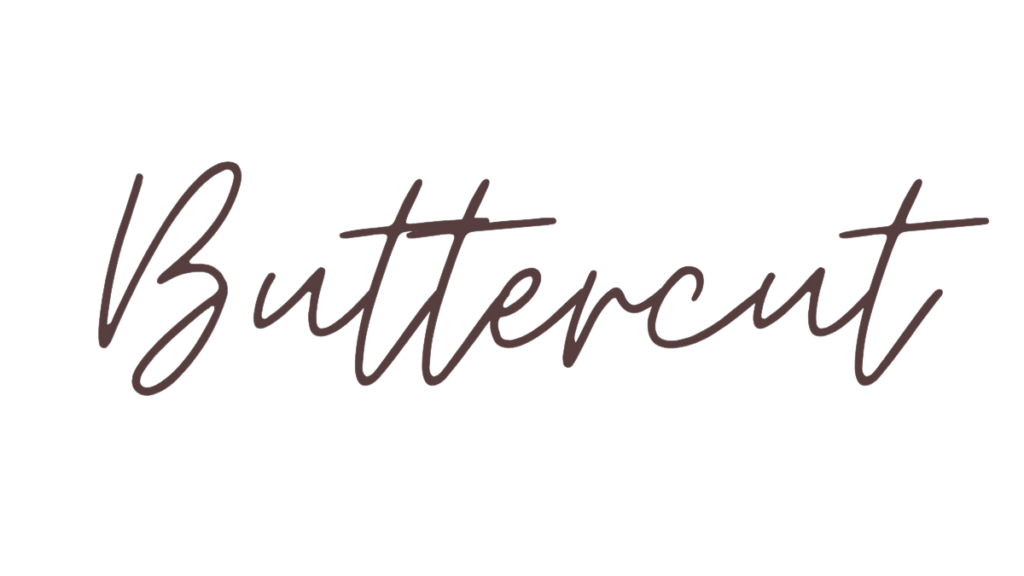

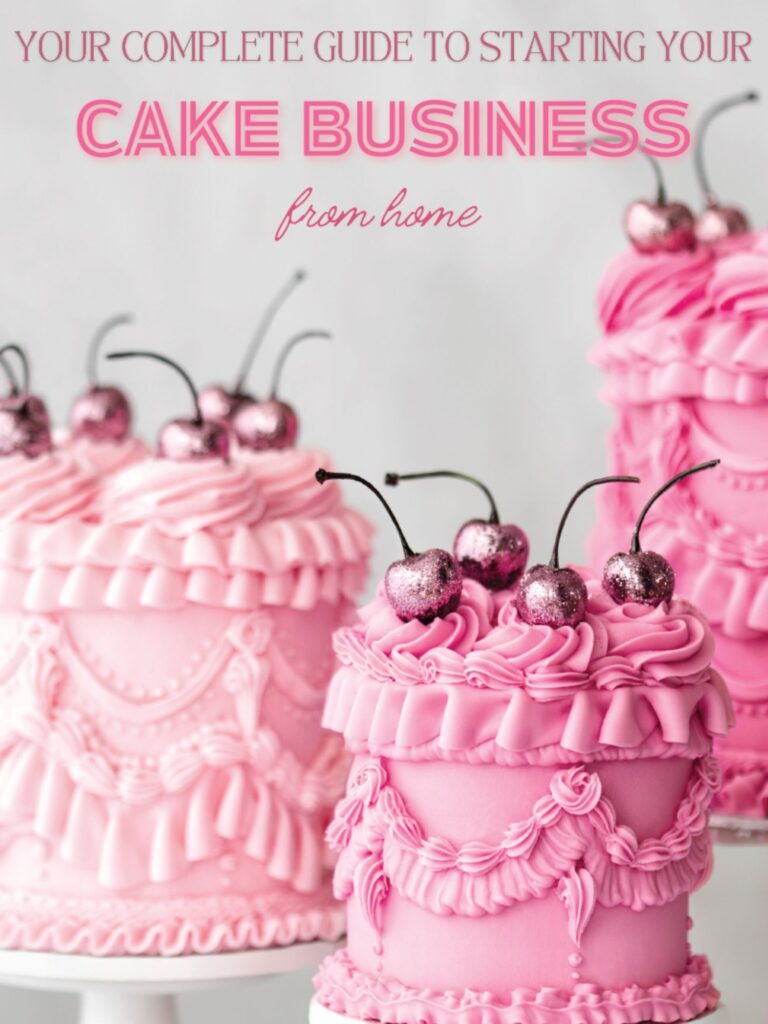
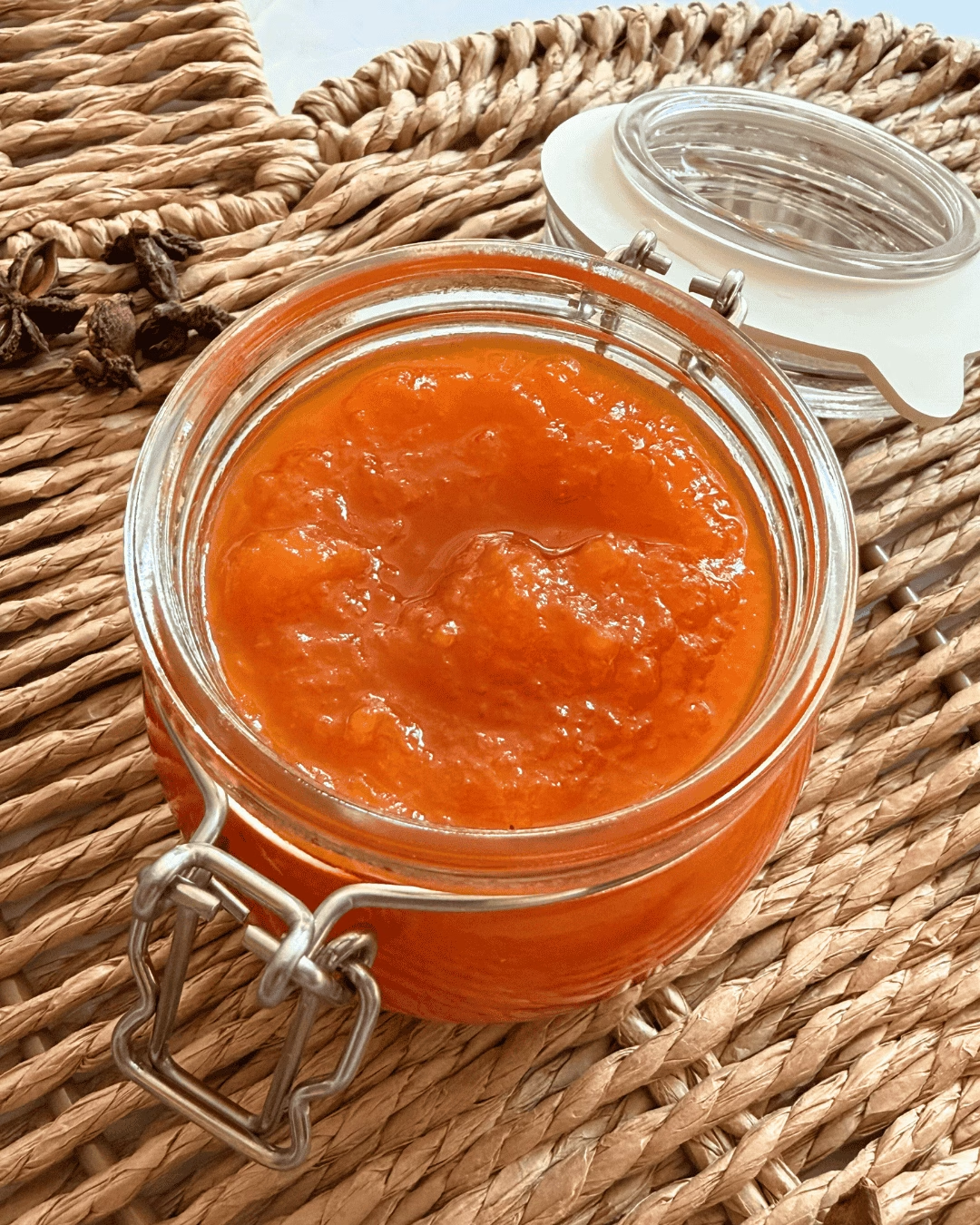
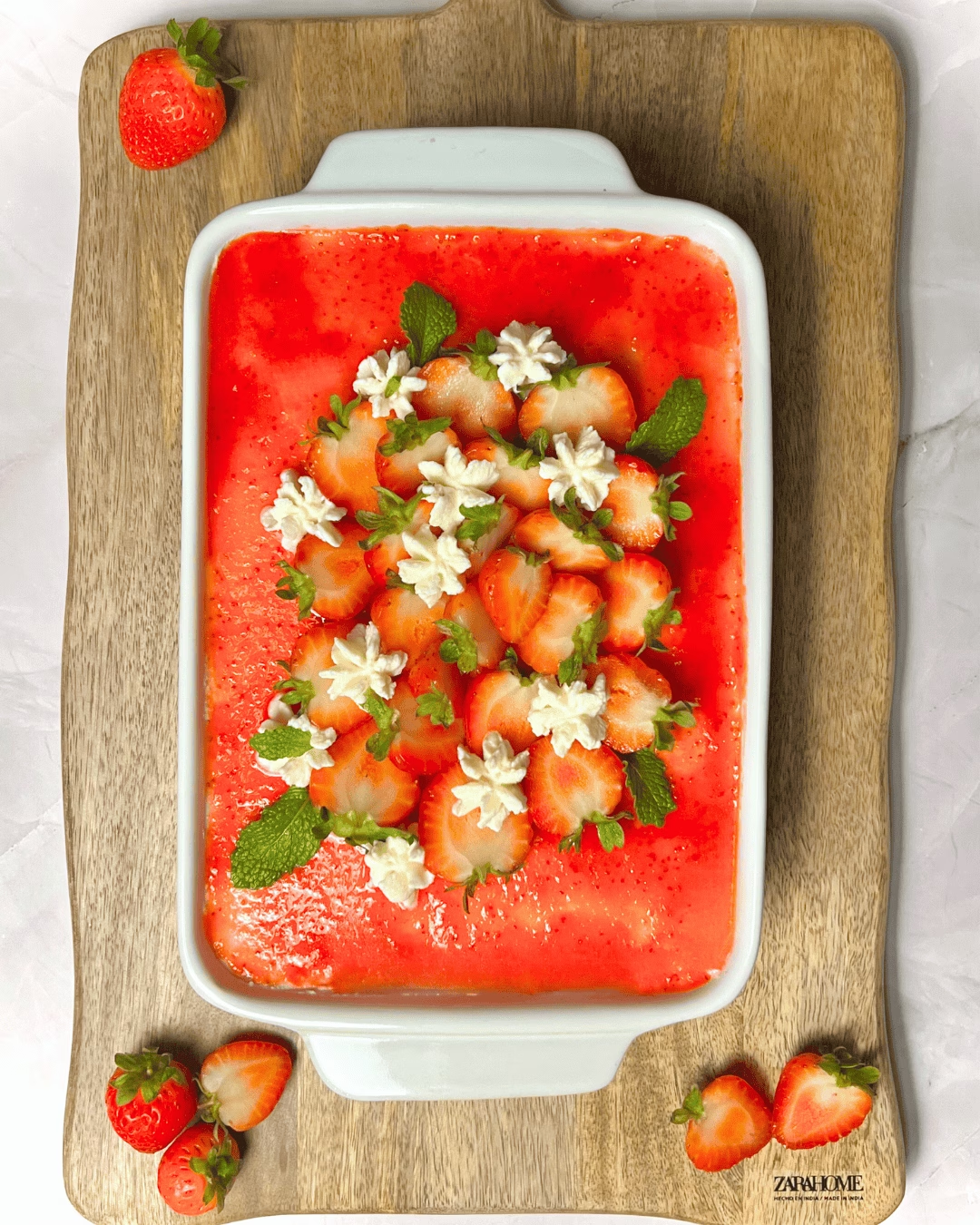
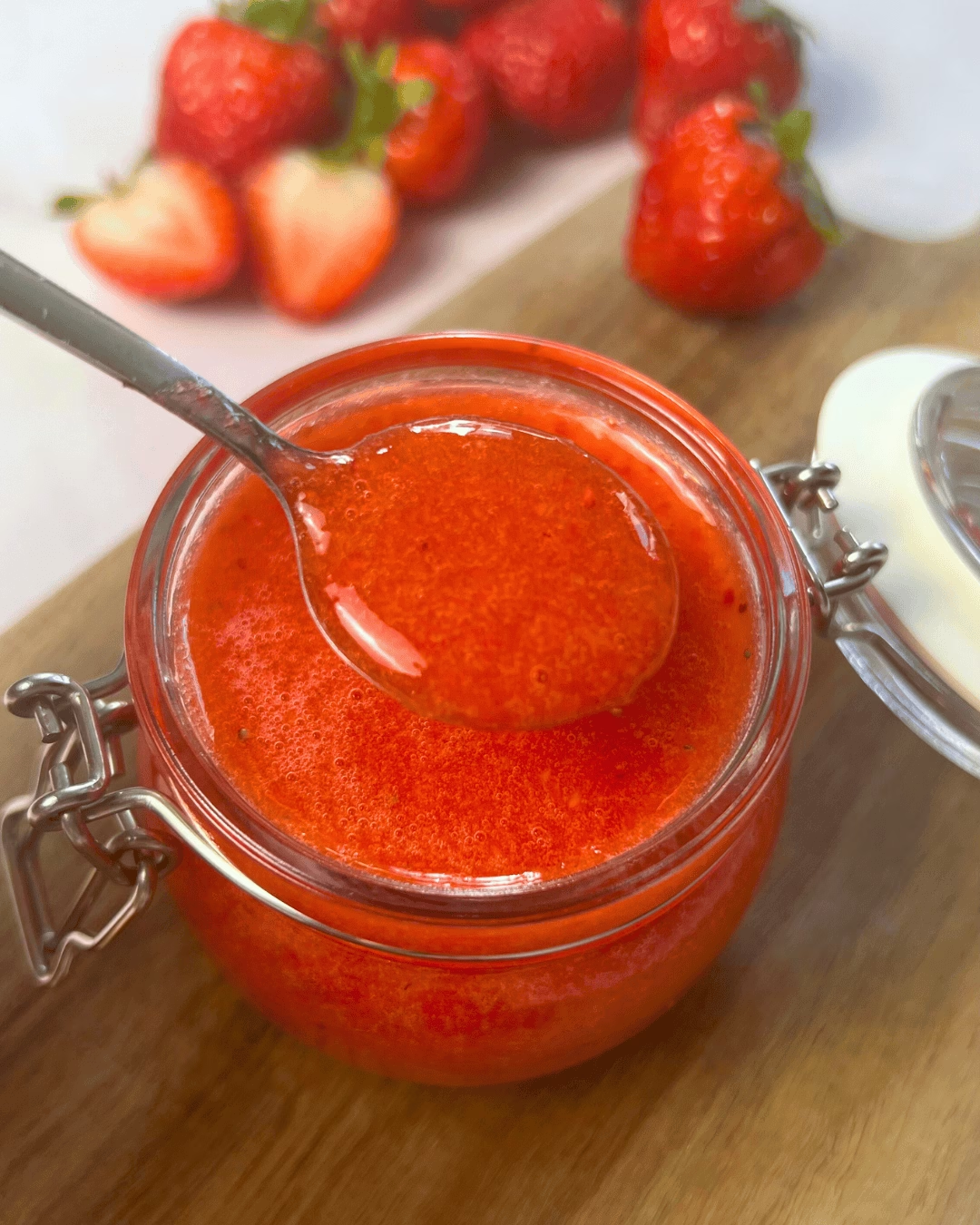
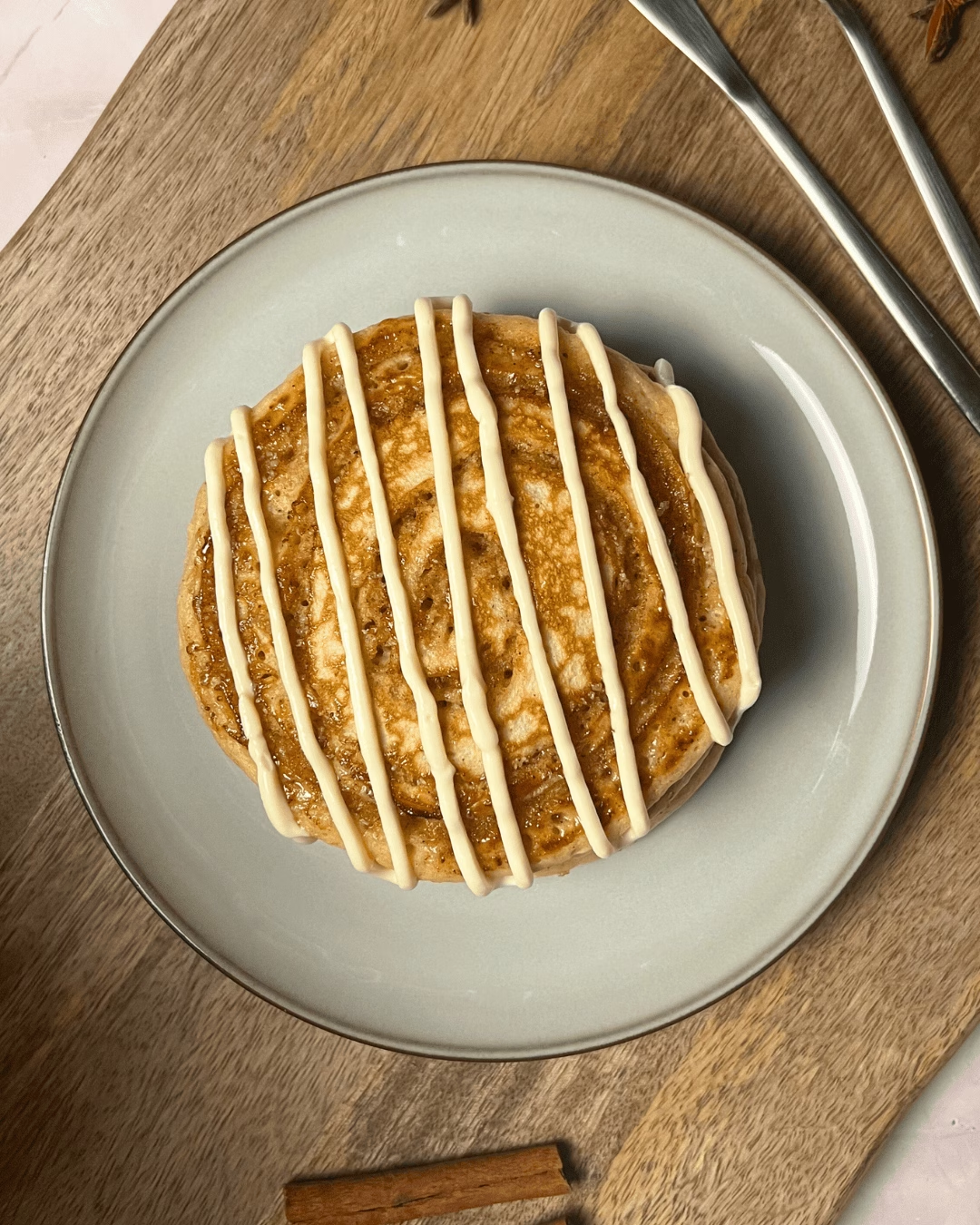
Leave a Reply